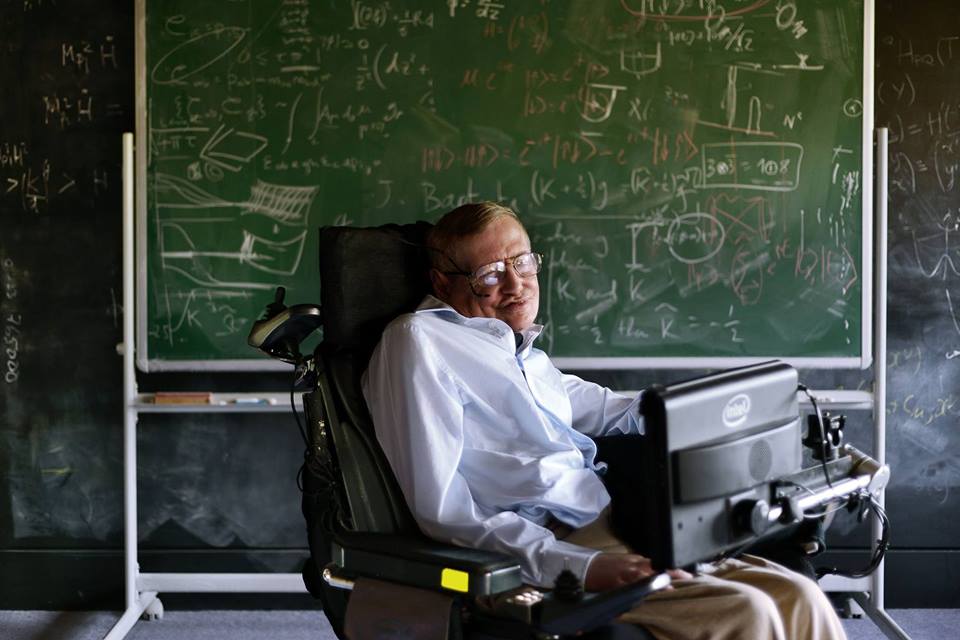
Image: Facebook/@stephenhawking by Jamie Travezan
Renowned physicist Stephen Hawking is one brilliant man, and judging by his past predictions, the man certainly knows what he’s talking about.
The 75-year-old genius once again aired his bold opinion regarding the advancement of science, this time giving his two cents on the rise of artificial intelligence (AI).
Appearing in a Web Summit technology conference in Lisbon, Portugal, Hawking bared that “computers can, in theory, emulate human intelligence, and exceed it.”
“Success in creating effective AI could be the biggest event in the history of our civilization. Or the worst. We just don’t know,” he said, as relayed in a CNBC report.
“So we cannot know if we will be infinitely helped by AI, or ignored by it and side-lined, or conceivably destroyed by it,” he added.
The English physicist and cosmologist joins the ranks of Tesla and SpaceX founder Elon Musk, who earlier warned the public of the impending dangers of the ever adaptive AI.
READ: Artificial Inteligence is deadlier than North Korea, Elon Musk warns
“Unless we learn how to prepare for, and avoid, the potential risks, AI could be the worst event in the history of our civilization,” Hawking explained. “ It brings dangers, like powerful autonomous weapons, or new ways for the few to oppress the many. It could bring great disruption to our economy.”
Although he certainly fears a “Terminator-like” scenario where machines eventually overtake humanity, Hawking emphasized that with hard work and proper handling, such incident would never materialize.
“I am an optimist and I believe that we can create AI for the good of the world. That it can work in harmony with us,” he shared.
“We simply need to be aware of the dangers, identify them, employ the best possible practice and management, and prepare for its consequences well in advance.” Khristian Ibarrola /ra
RELATED STORY:
Stephen Hawking doctorate thesis now available for public viewing